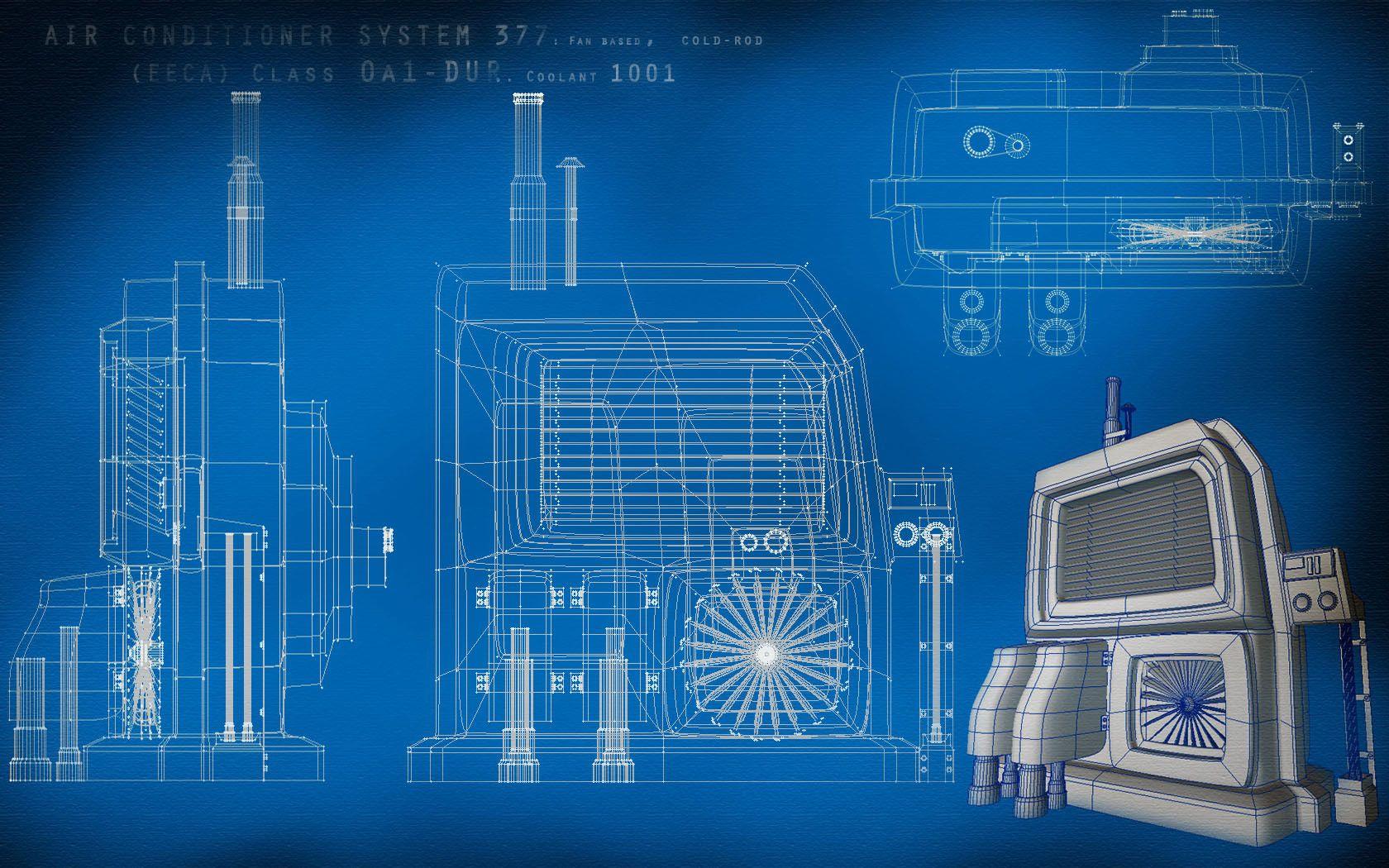Climate Control Chronicles: Mastering Your Comfort Zone
Climate Control Chronicles: Mastering Your Comfort Zone
Blog Article

In today's world, where comfort plays a crucial role in our daily lives, understanding the intricacies of heating and air conditioning systems has never been more important. As seasons change and temperatures fluctuate, ensuring that our living spaces remain comfortable can be a significant challenge. Whether you are battling the chill of winter or seeking relief from summer heat, the right heating and air conditioning solutions can transform your environment into a cozy haven.
Heating and air conditioning are not just about controlling temperature; they also impact our overall well-being and energy consumption. With advancements in technology, modern systems offer greater efficiency, allowing us to enjoy optimal comfort while being mindful of our environmental footprint. In this article, we will explore the latest trends, tips, and best practices for mastering your comfort zone with heating and air conditioning, helping you make informed choices that suit your lifestyle and values.
Understanding HVAC Systems
https://www.bostonconstruct.com
Heating, ventilation, and air conditioning, commonly known as HVAC, are essential components of modern comfortable living. These systems control the indoor climate by regulating temperature, humidity, and air quality. A well-functioning HVAC system ensures that your home remains warm in the winter and cool during the summer, providing a sanctuary against the extremes of nature outside. Understanding how these systems work is crucial for any homeowner looking to maintain comfort while maximizing energy efficiency.
The core components of an HVAC system typically include a furnace for heating, an air conditioner for cooling, and ductwork that distributes air throughout the home. The furnace generates heat through various methods, such as gas, electricity, or oil, while the air conditioning unit cools the air by removing heat and humidity. Properly functioning ductwork is vital, as it ensures that the conditioned air reaches every corner of your living space evenly. Regular maintenance of these components can extend their lifespan and enhance energy efficiency, which ultimately contributes to reduced utility bills.
In addition to heating and cooling, HVAC systems also play a vital role in maintaining good indoor air quality. This is achieved through ventilation, which involves the exchange of indoor air with fresh outdoor air. Many systems are equipped with air filters that help remove dust, allergens, and other pollutants from the air, creating a healthier living environment. With advancements in technology, modern HVAC systems may also offer smart features that allow homeowners to monitor and control their indoor climate remotely, further improving comfort and convenience.
Importance of Regular Maintenance
Regular maintenance of your heating and air conditioning systems is crucial for ensuring they operate efficiently and effectively. Over time, dust, dirt, and debris can accumulate in the components, leading to decreased performance and increased energy consumption. Routine check-ups help identify potential issues before they escalate, saving you from costly repairs and ensuring a comfortable living environment throughout the year.
Additionally, maintaining your HVAC system extends its lifespan. Units that receive regular servicing are less likely to suffer from wear and tear, allowing them to function optimally for many years. By scheduling seasonal maintenance, you can avoid the headache of untimely breakdowns and unexpected expenses, which often occur during extreme temperatures when you need your unit the most.
Finally, regular maintenance contributes to improved indoor air quality. A well-maintained heating and air conditioning system can effectively filter out allergens, dust, and pollutants, creating a healthier living space for you and your family. This is especially important for individuals with allergies or respiratory issues, highlighting the importance of staying on top of your HVAC system's upkeep for overall well-being.
Energy Efficiency Tips
To maximize the effectiveness of your heating and air conditioning systems, ensure regular maintenance is a priority. This includes changing filters monthly or as recommended, cleaning vents, and scheduling professional inspections at least once a year. Proper maintenance not only extends the lifespan of your systems but also enhances efficiency, ultimately reducing energy costs and keeping your home comfortable throughout the seasons.
Another effective way to improve energy efficiency is by investing in a programmable thermostat. These devices allow you to customize heating and cooling schedules based on your routine, ensuring that your systems are not working harder than necessary when you're away from home. By setting your thermostat to adjust temperatures automatically, you can save significantly on energy bills while still enjoying a cozy environment upon your return.
Additionally, consider enhancing your home's insulation and sealing any drafts. Proper insulation in your walls, attic, and floors helps retain heat during winter and keeps cool air inside during summer. Check windows and doors for any leaks and use weather stripping or caulking to seal these areas. By creating a well-insulated environment, your heating and air conditioning units will operate more efficiently, leading to better comfort and lower energy consumption.
Report this page